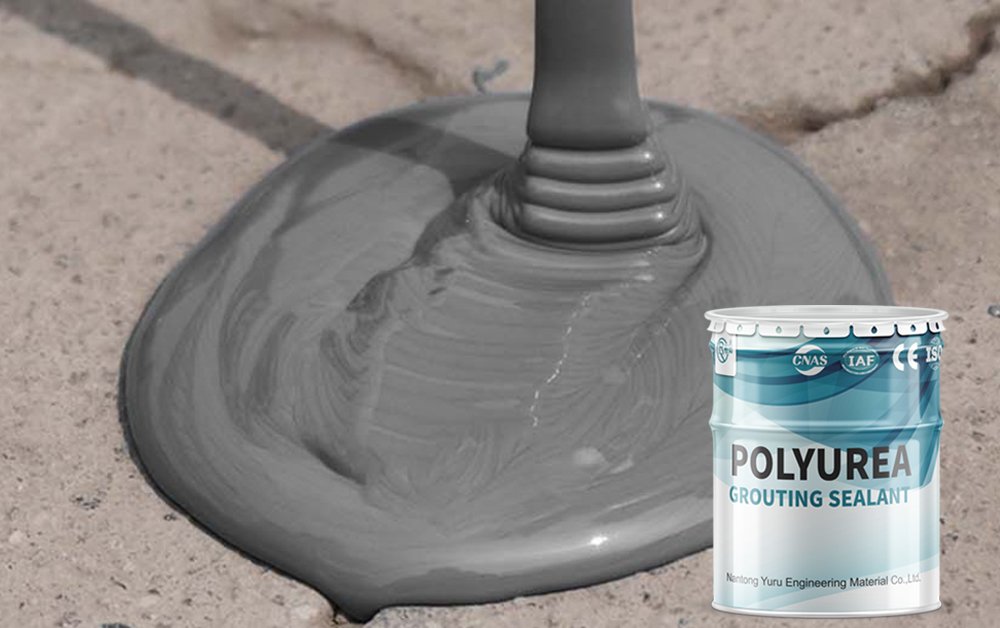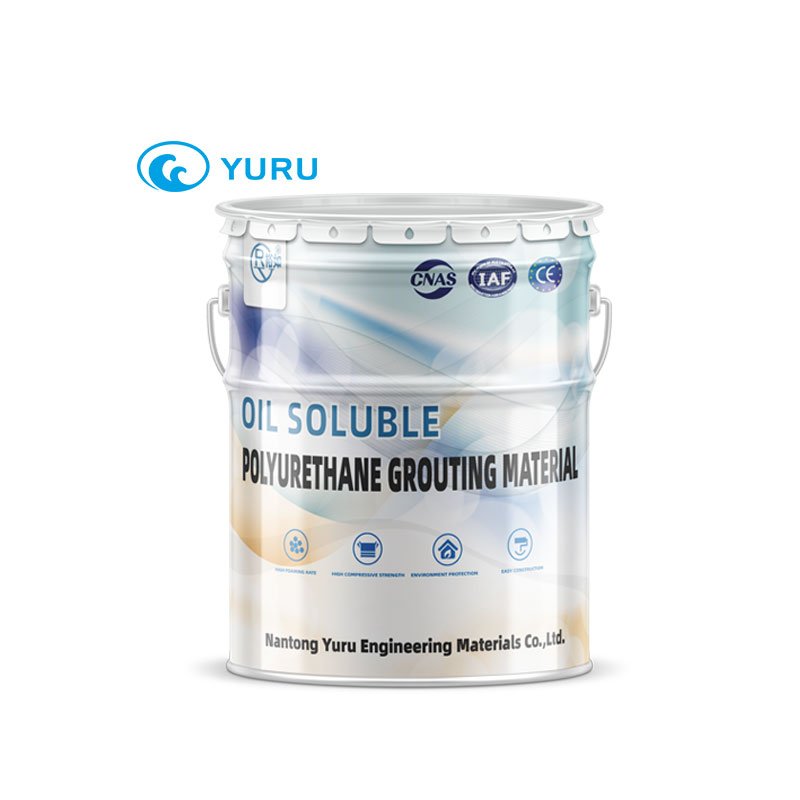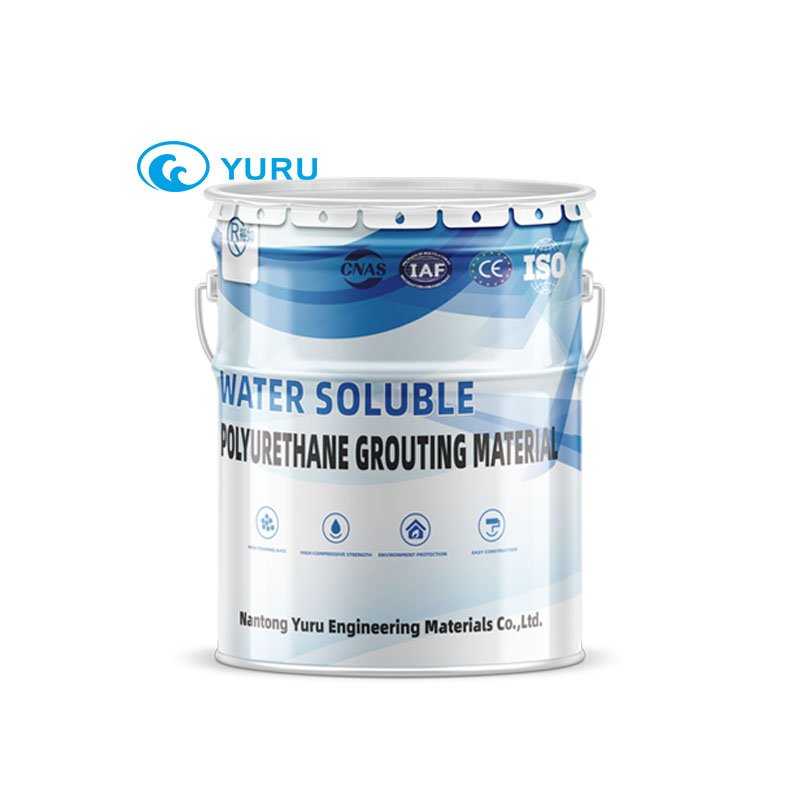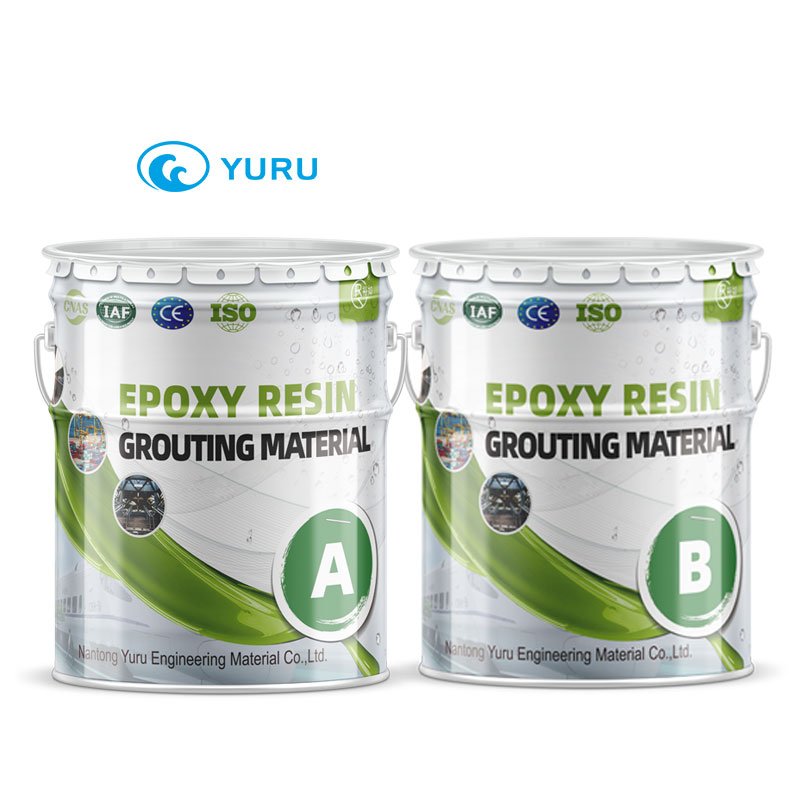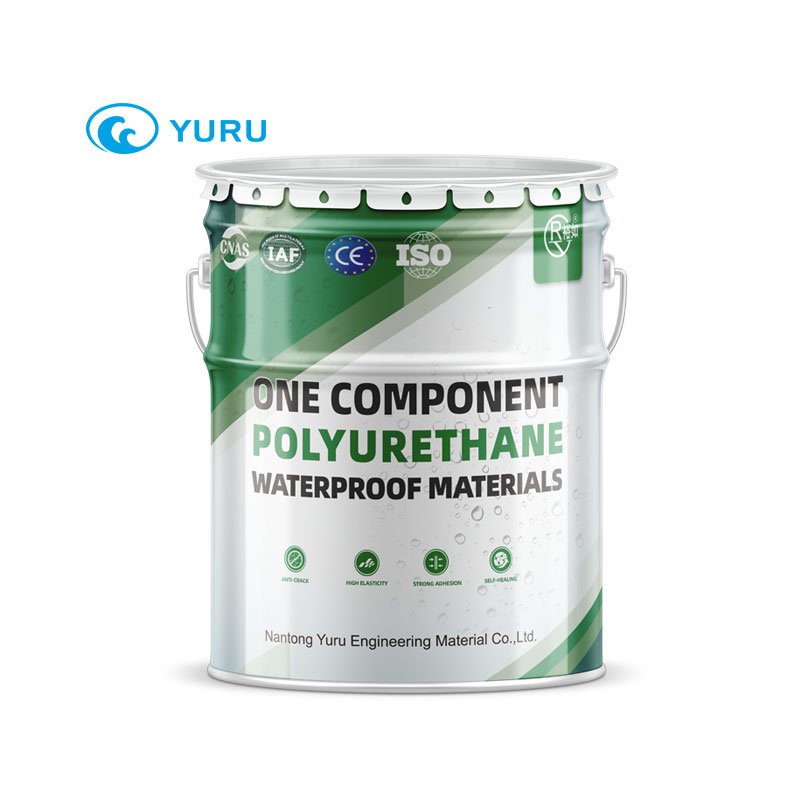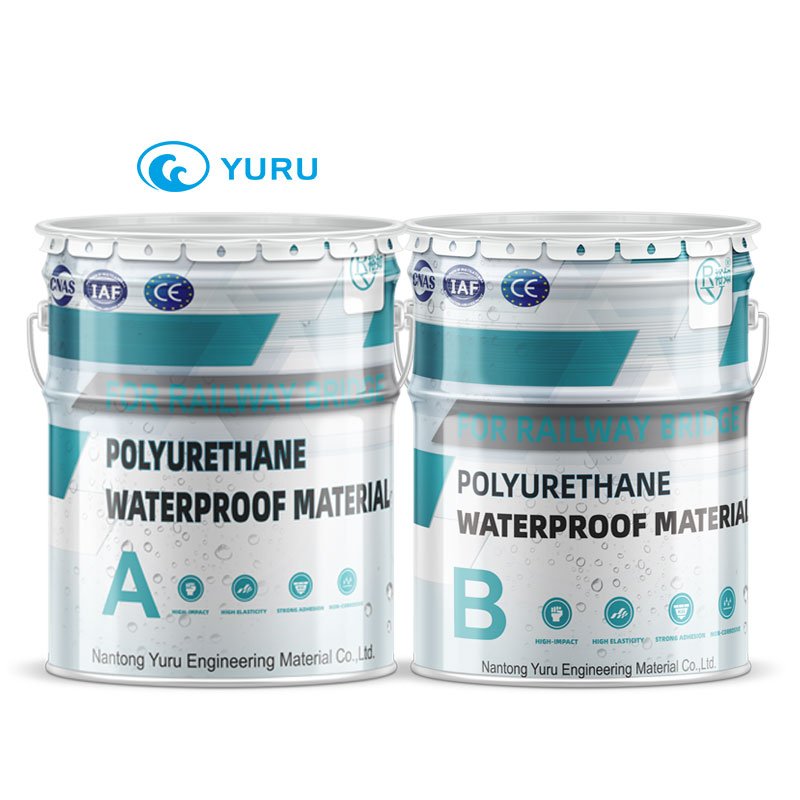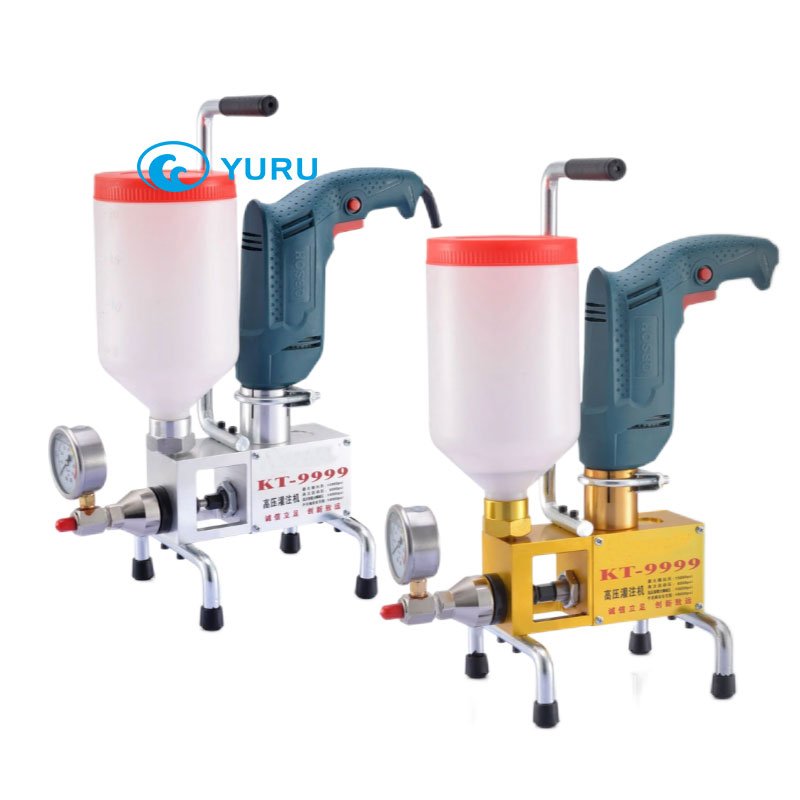What Is Polyurea Waterproofing? Features and Applications
Introduction
Waterproofing is a critical aspect of construction and industrial applications, ensuring structural longevity and protection against environmental damage. Polyurea waterproofing has emerged as a leading solution due to its seamless application, and exceptional resistance to water, chemicals, and physical wear.
In this article, we’ll explore the key features of polyurea waterproofing, its practical applications in engineering projects, common installation challenges and solutions, and how to choose the right polyurea material for optimal performance.


What Is Polyurea Waterproofing?
Definition of Polyurea Waterproofing
Polyurea waterproofing is a high-performance spray-applied elastomeric coating designed to provide seamless, highly durable, and chemical-resistant waterproofing. Developed from advanced polymer chemistry, polyurea coatings offer superior protection for structures exposed to water, harsh weather, and industrial wear and tear.
Key Features of Polyurea Waterproofing
| Feature | Description |
| Superior Waterproofing | Forms a seamless, joint-free membrane that prevents water infiltration and leakage. |
| Excellent Weather Resistance | Withstands UV exposure, extreme temperatures, and harsh environmental conditions. |
| High Flexibility & Elasticity | Adapts to substrate movement, preventing cracks and failures. |
| Superior Chemical & Abrasion Resistance | Resists exposure to chemicals, solvents, and mechanical stress, making it ideal for industrial environments. |
| Versatile Application | Compatible with concrete, steel, wood, and geotextiles, making it suitable for multiple industries. |
With these benefits, polyurea waterproofing is an optimal choice over traditional waterproofing materials like polyurethane and epoxy coatings.


Applications of Polyurea Waterproofing in Construction
Because its durability, rapid application, and adaptability, polyurea waterproofing is used in various construction and industrial sectors.
1. Roofing Waterproofing
- Applied to industrial, commercial, and residential rooftops to create a seamless waterproof barrier.
- Provides UV resistance, preventing degradation over time.
- Protects against rain, snow, and harsh environmental exposure.
2. Basement and Tunnel Waterproofing
- Ideal for underground structures such as parking garages, subway tunnels, and basements.
- Prevents groundwater infiltration and structural weakening.
- Enhances long-term stability by sealing cracks and joints.
3. Bridges and Road Infrastructure
- Protects bridge decks, highways, and airport runways from water damage, wear, and chemical exposure.
- Resists road salts, de-icing agents, and high traffic loads.
- Extends the lifespan of transportation infrastructure.
4. Water Tanks and Wastewater Treatment Facilities
- Provides a chemical-resistant lining for water storage tanks, wastewater plants, and reservoirs.
- Prevents leaks, contamination, and deterioration.
5. Industrial Flooring and Pipeline Protection
- Used in factories, warehouses, and production facilities to protect floors from chemicals, abrasion, and heavy loads.
- Coats pipelines to prevent corrosion and enhance structural durability.
Polyurea waterproofing is widely adopted for its superior performance in demanding environments.


Common Issues During Application and Solutions
Despite its advanced properties, improper application can lead to performance issues. Here are common problems and solutions:
1. Poor Adhesion Leading to Peeling
Problem: The polyurea coating fails to bond properly to the substrate, leading to peeling.
Solution:
- Thoroughly clean the surface before application.
- Apply a compatible primer to improve adhesion.
- Use surface preparation techniques like sandblasting or grinding.
2. Uneven Thickness Affecting Waterproofing Performance
Problem: Inconsistent spray application results in varying thickness levels.
Solution:
- Use high-quality spraying equipment to ensure even coverage.
- Apply polyurea in multiple layers to achieve uniform thickness.
3. Environmental Limitations Affecting Curing
Problem: High humidity or low temperatures can interfere with curing.
Solution:
- Avoid applying polyurea in humid or cold environments unless using a specialized formulation.
- Control temperature and humidity levels during application.
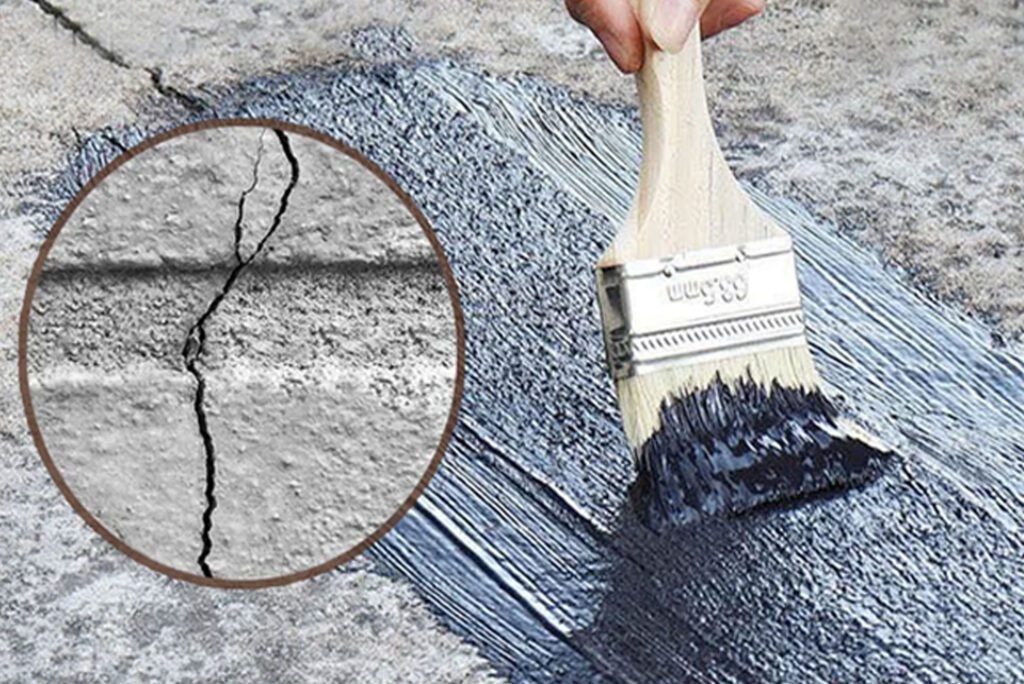

Maintenance and Longevity Optimization
Regular maintenance is key to ensuring long-term performance.
1. Conduct Routine Inspections
- Perform annual checks to identify small cracks or wear.
- Address localized damage immediately to prevent widespread failures.
2. Avoid Chemical Exposure
- Minimize contact with strong acids, alkalis, and solvents.
- In industrial settings, use a protective topcoat if exposed to aggressive chemicals.
3. Use Proper Cleaning Techniques
- Avoid high-pressure washing and abrasive scrubbing.
- Use mild, non-corrosive cleaning solutions.
4. Reapplication and Secondary Coating Considerations
- If reapplying polyurea, ensure proper surface preparation for strong adhesion.
- Use primers and bonding agents for seamless layering.
By following these strategies, polyurea waterproofing systems can remain effective for decades.
Conclusion
Polyurea waterproofing has gained popularity with its excellent performance. Its application range covers roofs, basements, bridges, industrial floors, etc., making it a long-term waterproofing solution.
You can get a deep understanding of polyurea waterproofing by understanding its characteristics, applications, and more.
For high-quality polyurea waterproofing solutions, you can consider YURU Waterproof, a trusted supplier that has focused on the waterproofing industry for many years.
You can contact YURU Waterproof to find the best polyurea waterproofing solution for your project.
